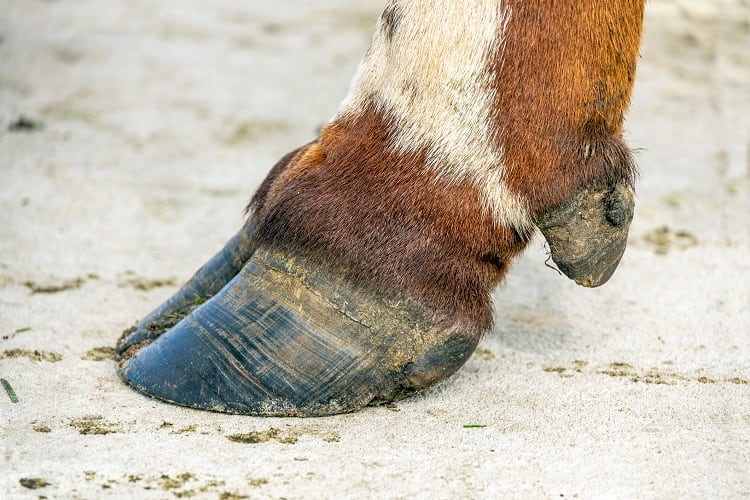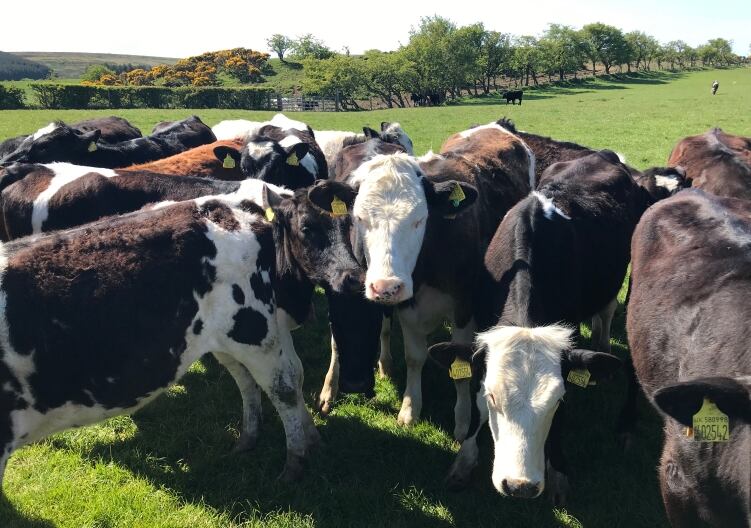The Control of Worms Sustainably (COWS) Group has warned that wetter weather and rainfall following the summer drought could bring a spike in lungworm infections among grazing cattle – with farmers urged to remain vigilant for signs for respiratory distress, such as coughing and weight loss.
The issue was flagged up during recent discussion with experts at the Animal and Plant Health Agency and Scotland’s Rural College (SRUC), who raised concerns about the potential for outbreaks during the wetter months.
Lungworm is a parasite infection that occurs when the animal ingests infected larvae from pasture. Infected animals develop bronchitis and pneumonia, with young dairy cattle are at a higher risk as they lack immunity, though vaccination in the first grazing season could prevent infection.
Outbreaks can be unpredictable but are more prevalent in wetter areas of Britain, with symptoms typically appearing in late summer and autumn. COWS estimates that severe outbreaks could cost farmers £50-£100 per head and up to £3 per cow per day in lost milk production.
“There are warnings that this year could be particularly challenging as the drought suspended lungworm life cycles, which may result in a greater infection pressure in a short space of time,” the group said. “And with autumn now bringing wetter weather, rainfall can promote the release of infective larvae from fecal pats.”
Farmers should be on alert about coughing cattle and speak to their vet as early as possible if they spot symptoms of the disease. Severely affected animals may either not respond to treatment or symptoms may become life-threatening, COWS warned. Treated cattle should be removed from infected pasture and transferred to clean pasture if available or housed in well ventilated facilities, with severely-infected calves kept indoors for treatment and observation.
Remember the five Rs
COWS highlights the five Rs for effective use of wormers as:
- Using the right product for the type of worm;
- Giving it to the right animal
- At the right time
- At the right dose-rate
- Administered in the right way.



